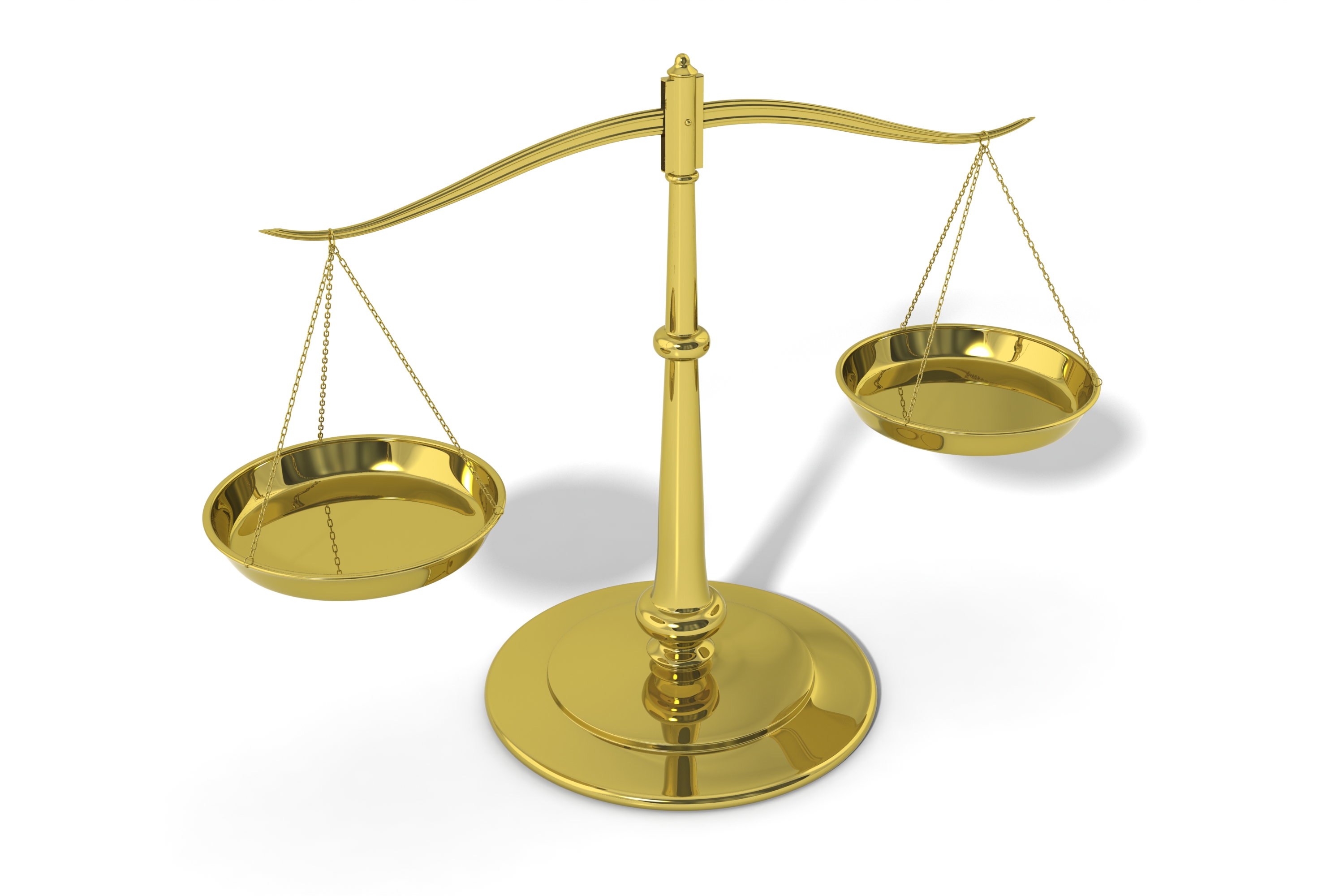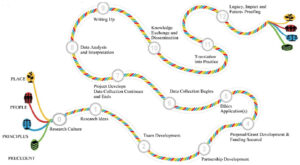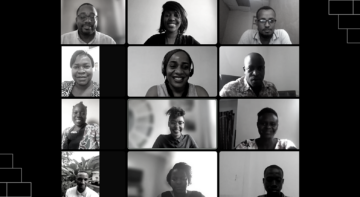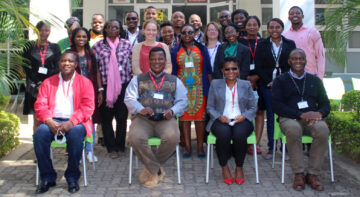Blogs

The interconnectedness of our world has seen a joint approach to addressing global problems through research that is multidisciplinary, multicultural and highly complex. While this has been the catalyst to the development of ground-breaking solutions for several global challenges, a new problem has surfaced—how we conduct global research ethically. Ethics can simply be defined as “moral principles that govern a person’s behaviour or the conducting of an activity.”
An Ethics in Global Research study recently conducted by an international research team including the African Institute for Development Policy’s (AFIDEP) Dr Paul Kawale, sought to identify the challenges and ethical dilemmas experienced in global research projects, as well as explore best practices to support ethical practice. Scientists from the University of Edinburgh initiated a project exploring leadership in ethics, integrity and research conduct in complex Low-to-Middle-Income-Country -United Kingdom partnership projects to develop a toolkit to support researchers as they encounter various ethical challenges in their research. Ultimately, their study found that while the formal process of obtaining ethical approval is essential, it is only the tip of the iceberg. If research is to be fully ethical, the following dimensions need to be considered: place, people, principle and precedent.
The Ethics Toolkit has been developed in collaboration with more than 400 global researchers from over 42 countries and 60 disciplines. Rather than offering ethical regulation, it offers a flexible frame of reference that promotes contextual ethical reflection and accountability within the research process and among research teams. This global research toolkit proposes two fundamental axes of reflective analysis; firstly, iterative ethical analysis throughout the ‘Research Journey’, and secondly, ethical analysis based on the ‘4Ps’ model: Place, People, Principle and Precedent—the focus of this article. The toolkit is a resource for researchers working on global projects.
The Place
Where research is being conducted matters. Cultural differences are real and need to be respected. If research is conducted with its context being ignored, the risk of ethical violation is high. Researching in areas affected by conflict, natural disasters, pandemics, political instability, and economic needs, for example, has unique ethical challenges, such as the time it takes to obtain ethical approvals, working with vulnerable groups and dealing with emerging ethical issues in a fast-changing situation. The study, after consulting global interdisciplinary researchers, established that considering the place where the research is carried out – and respecting culture and legislation while considering local resources and vulnerabilities – is key in conducting global research ethically.
The People
As much as what is being investigated matters, who is involved in the research process is also key to ensuring an ethical research approach. Oftentimes, ethical conflicts arise from the human relationships between research participants and researchers themselves. Biases are bound to arise where people of different cultures, disciplines and sectors are involved. Further to this, what is considered ethical to one group, may not be considered so to another. It was further discussed that conflicts may also arise due to relationships with different entities such as funding agencies, formal or informal authorities in the field who may have conflicts of interest, as well as with ethics committees who are not always well-prepared to support the complexities of global research. That being said, being sensitive to these different dynamics will better aid researchers in their quest to conduct ethical studies.
The Principles
Another essential element to consider in examining ethics in global research is that of principles. The study at hand referred to these as the worldview and values that influence decision-making. Sometimes, ethical challenges emerge simply because different people involved in the research process have varying principles that drive the way they view research. To effectively tackle this, researchers should strive to identify these differences and find pragmatic, values-informed solutions. On the other hand, it was also highlighted that it is of utmost importance to balance community expectations with the risks of participating in the study, and the need to consider both vulnerabilities and opportunities.
The Precedent
The final ethical element to consider when conducting research is precedent. This refers to how history is shaping current and future challenges, including how we conduct research. When something goes wrong in research, there is no need to always reinvent the wheel. Researchers should endeavour to study how similar challenges have been handled in the past, and work to use them as a foundation to implement solutions. In addition, we should understand that how we handle ethical challenges in research today is also setting a precedent for researchers tomorrow. A pertinent question for consideration under this element is, “What do we need to follow or challenge in our established ways of working?” Answering this question gives us more insight as we delve into the different ethical considerations of research.

Figure 1. Twelve Steps of the global ethics toolkit: Considering place, people, principles, and precedent throughout the research journey.
Overall, the study purports that ethical considerations are present throughout the research journey, well beyond the simple process of applying for project approval from institutional ethics committees. Of key importance is also remembering that in a global research context, ethical problems and solutions are dynamic, multidimensional, complex, and therefore ethical solutions require flexibility and creativity. For ethical global research, it is not enough to review the current ethical, legal or methodological regulations (Precedents). The complexity of the ethical and humanitarian issues facing global researchers requires a deeper analysis that considers important aspects of context (Place), the actors involved (People) and the values that guide, or should guide, ethical research (Principles).
The Ethics Toolkit is available here in English and Spanish, with interactive infographics, templates, case studies and free materials to be downloaded. A ‘Pocket Guide’ version of the toolkit that has been translated into 11 languages is also available.
For the full article: https://www.afidep.org/publication/ethics-in-global-research-creating-a-toolkit-to-support-integrity-and-ethical-action-throughout-the-research-journey/
Related Posts





